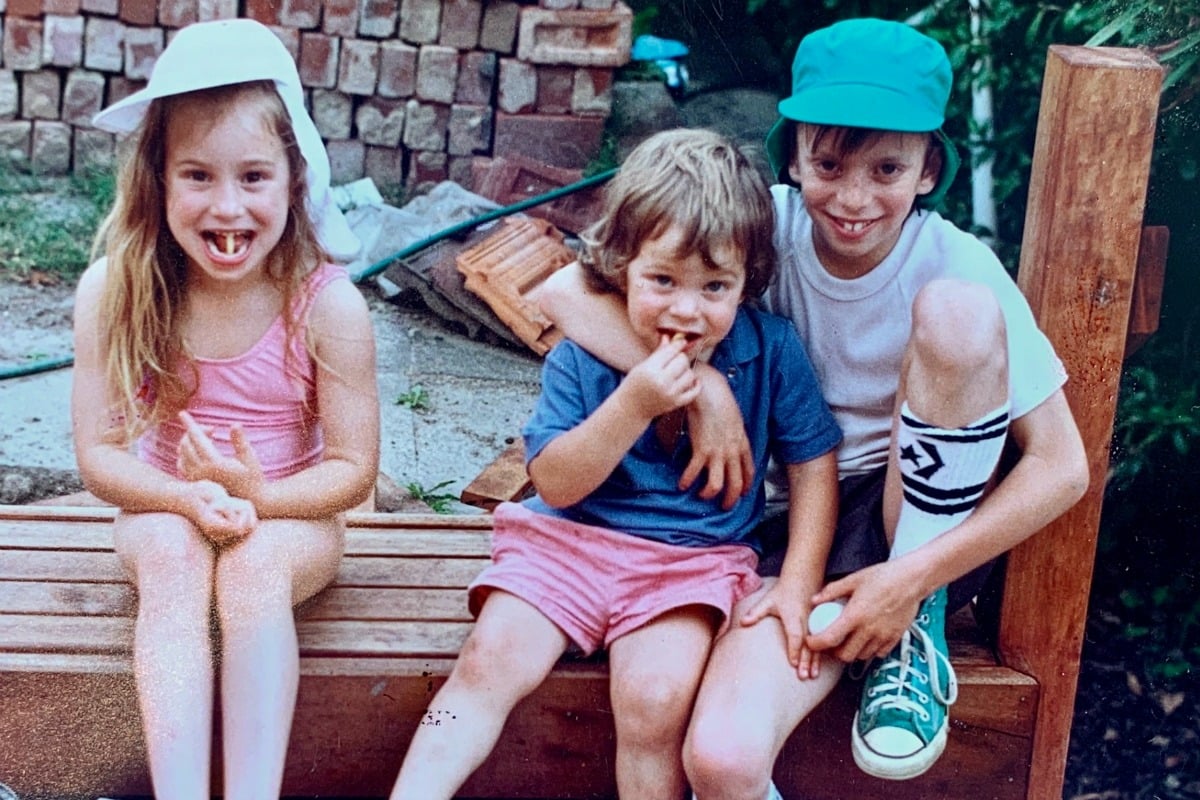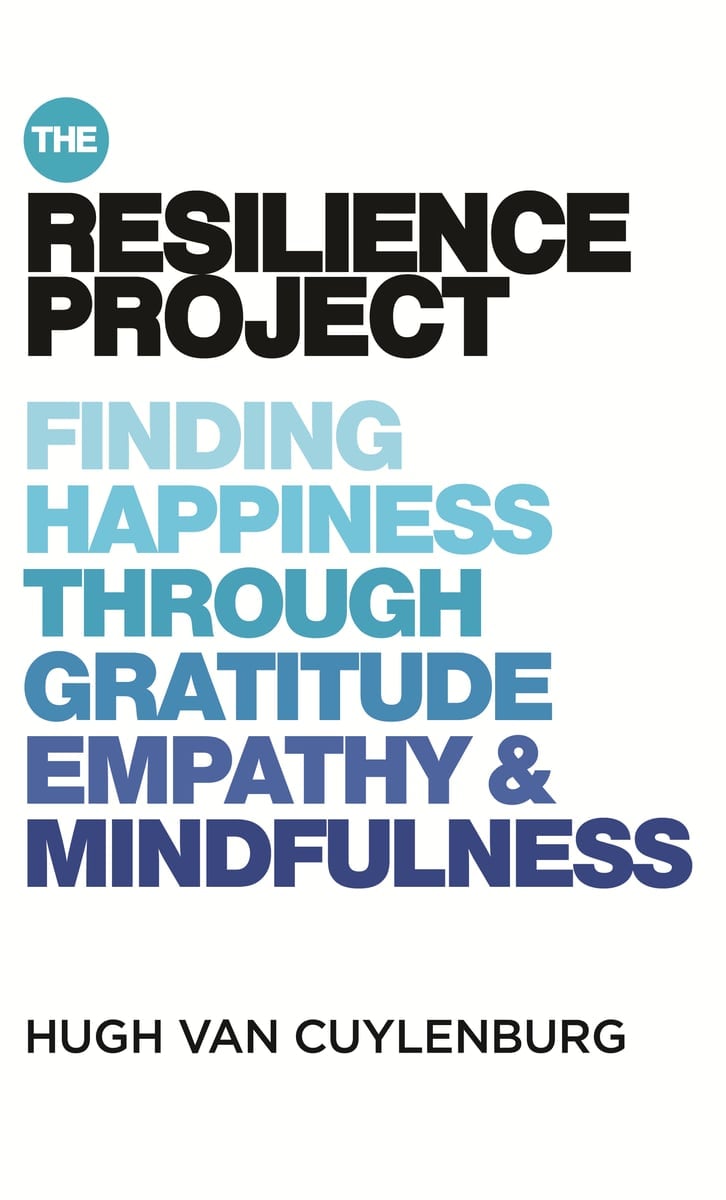
Hugh van Cuylenburg is the founder of The Resilience Project, a program for schools, workplaces and sporting clubs that teaches people about mental health strategies. He has just released his first book, ‘The Resilience Project’, which explores finding happiness through gratitude, empathy and mindfulness through the lens of his life. Here is a part of his story…
Warning: This article deals with accounts of eating disorders and child sexual abuse that could be triggering for some readers.
Whenever things went wrong in our little corner of the world, Mum would always get busy in the kitchen.
Dinnertime at the van Cuylenburgs’ was the best. Whether we had issues to sort through or not, when I sat down each night with Mum and Dad, my sister Georgia and our little brother Josh, the meals were seasoned with hilarious stories and garnished with joy. For the first 16 years of my life, dinnertime was without doubt the highlight of my day.
Then, in 1996, it suddenly wasn’t anymore. Georgia was 14 when she stopped eating regular meals. Almost overnight the laughing and the stories ceased. Dinnertime became the worst part of the day. For all of us.
I was only a teenager, and I reacted by getting frustrated with Georgia and how upset she was making Mum and Dad by refusing to eat. Georgia seemed to have a million excuses about why she couldn’t eat this or that type of food. To me, it was infuriating.

